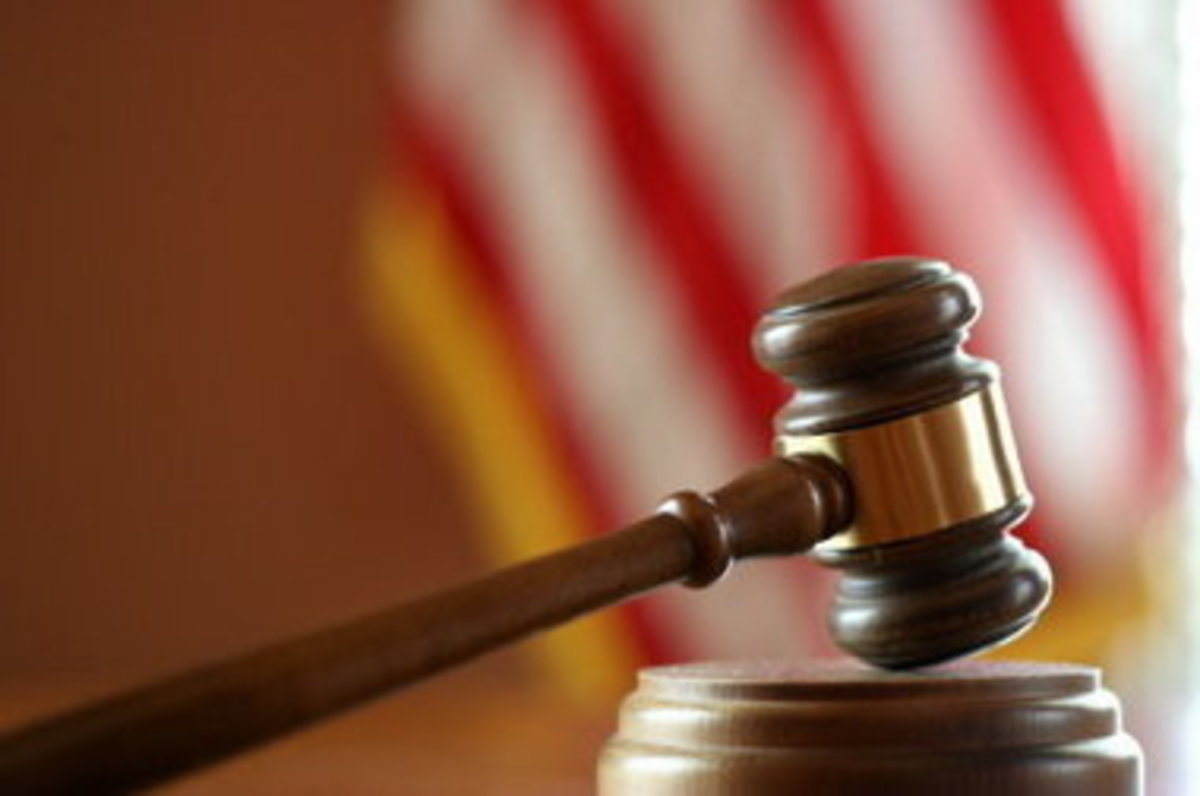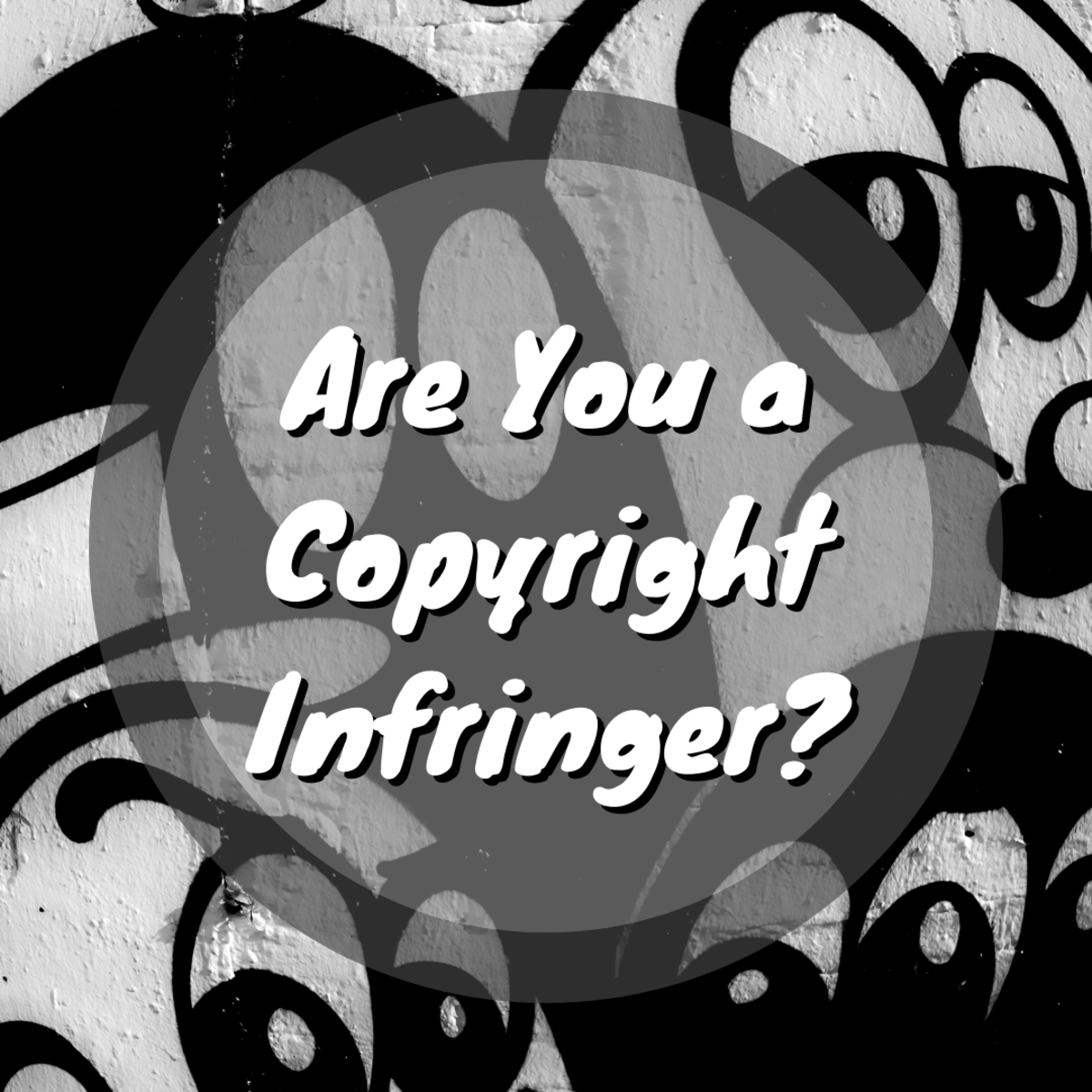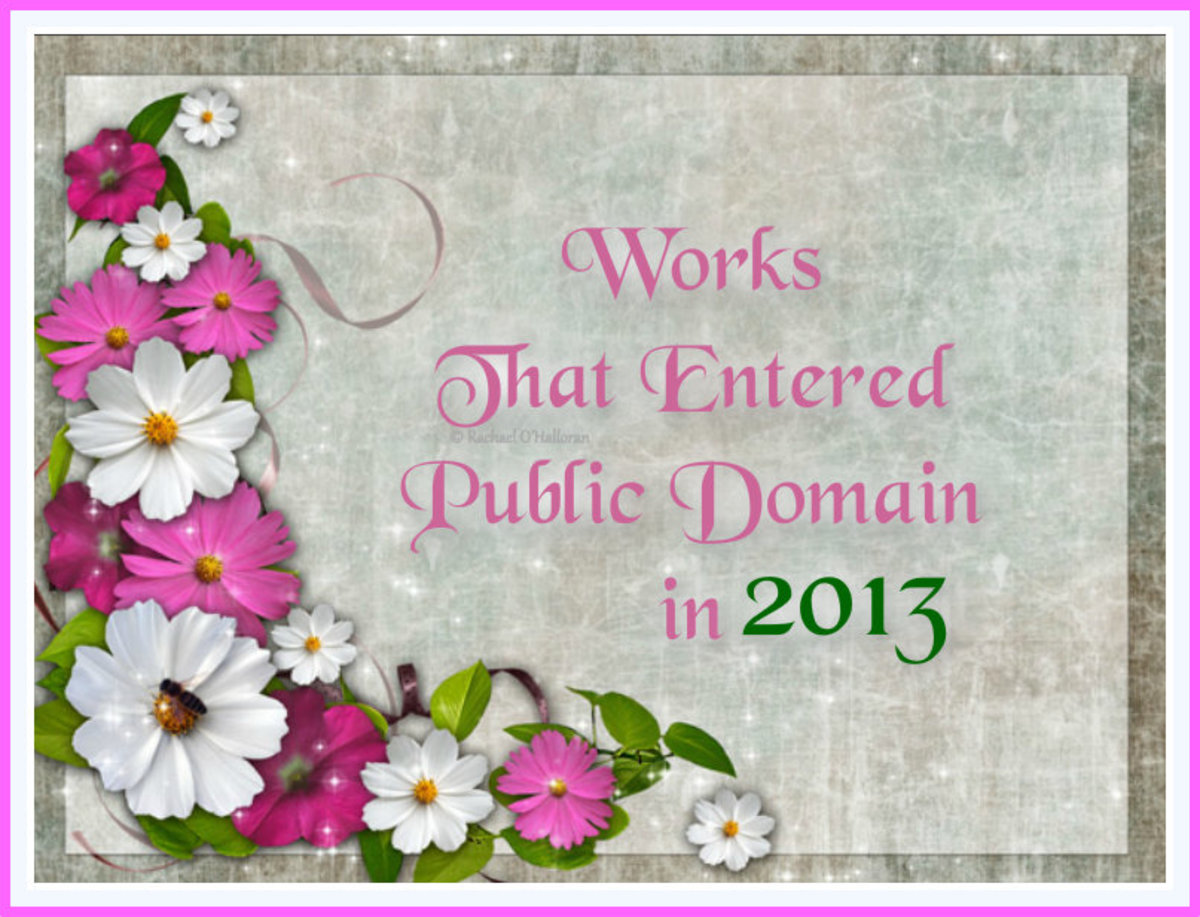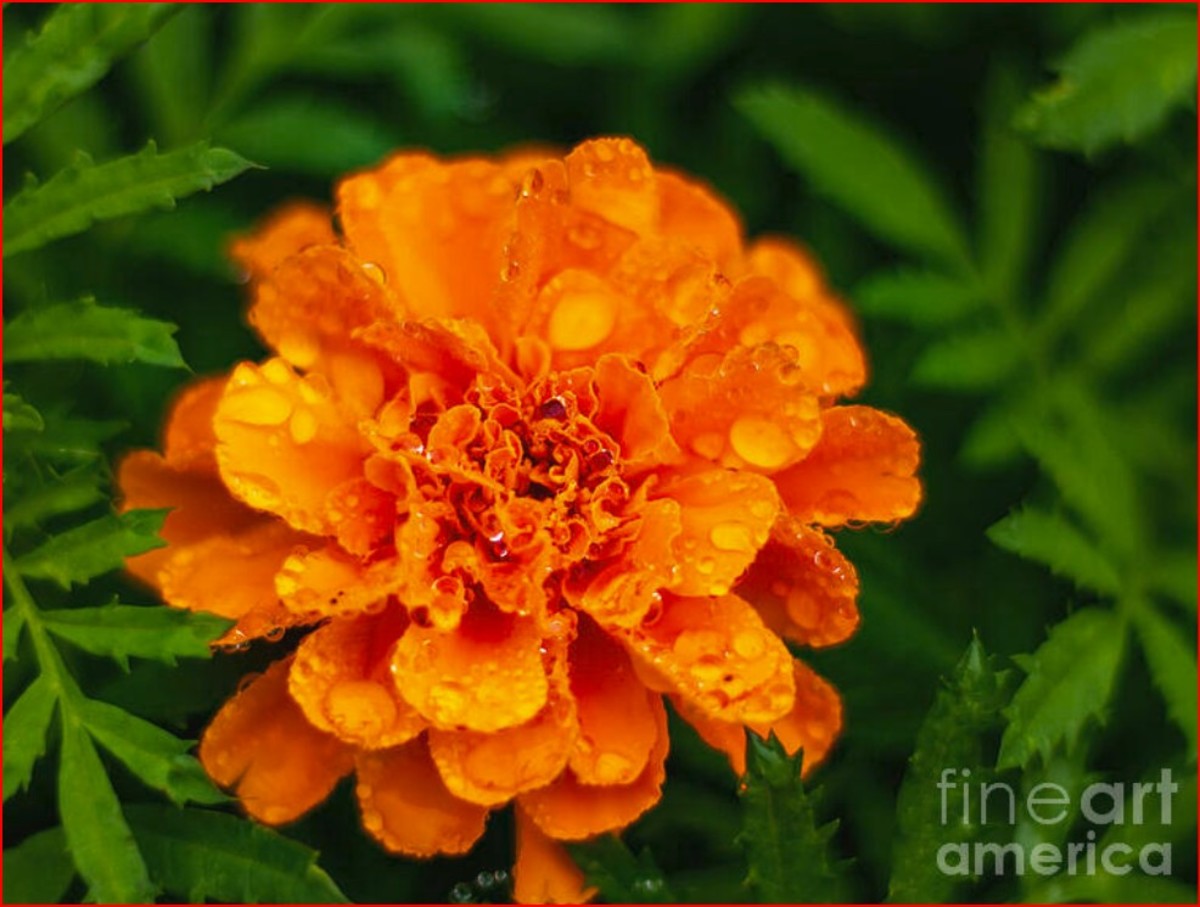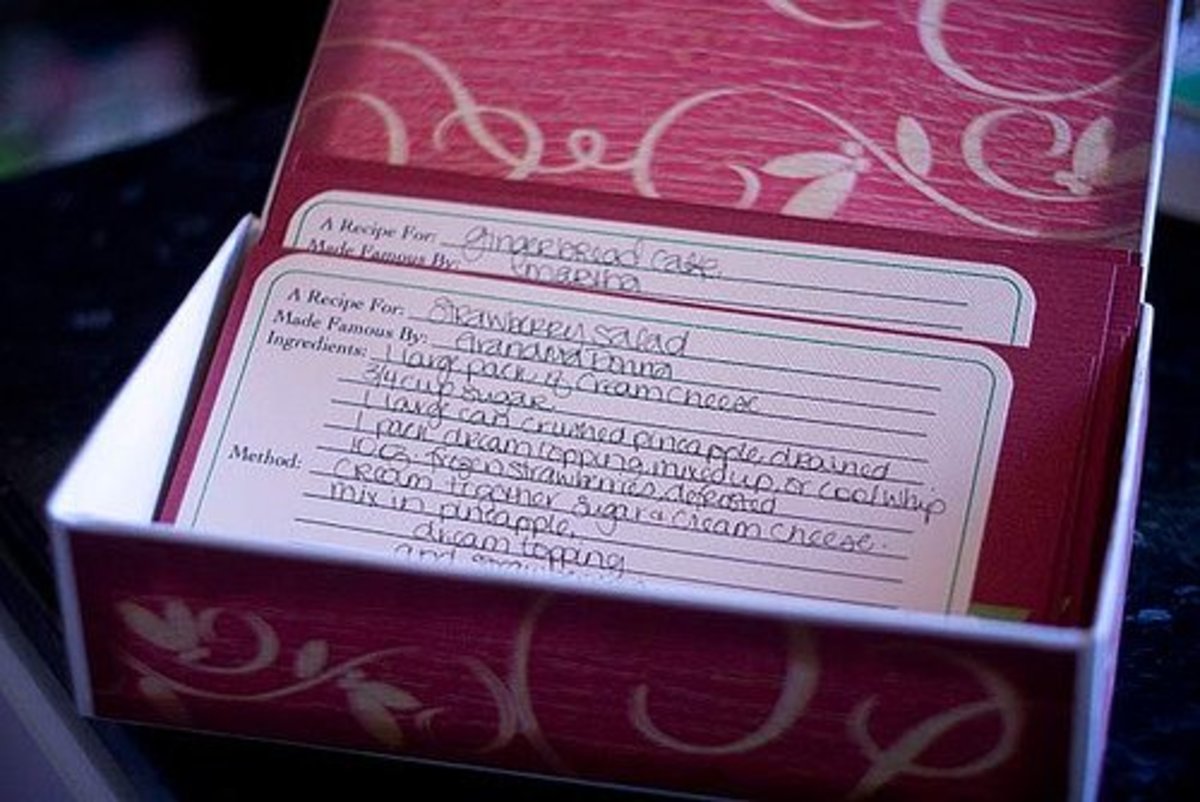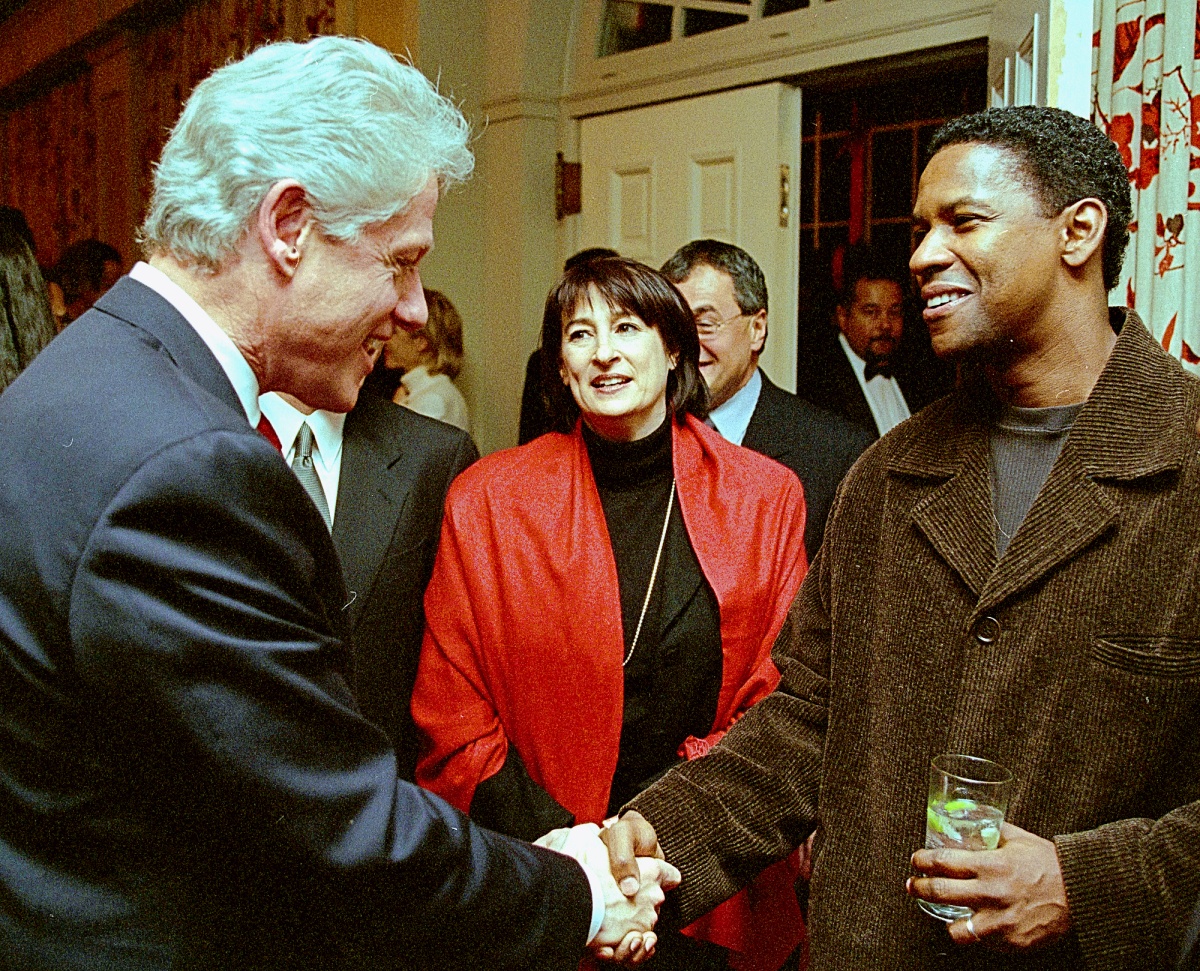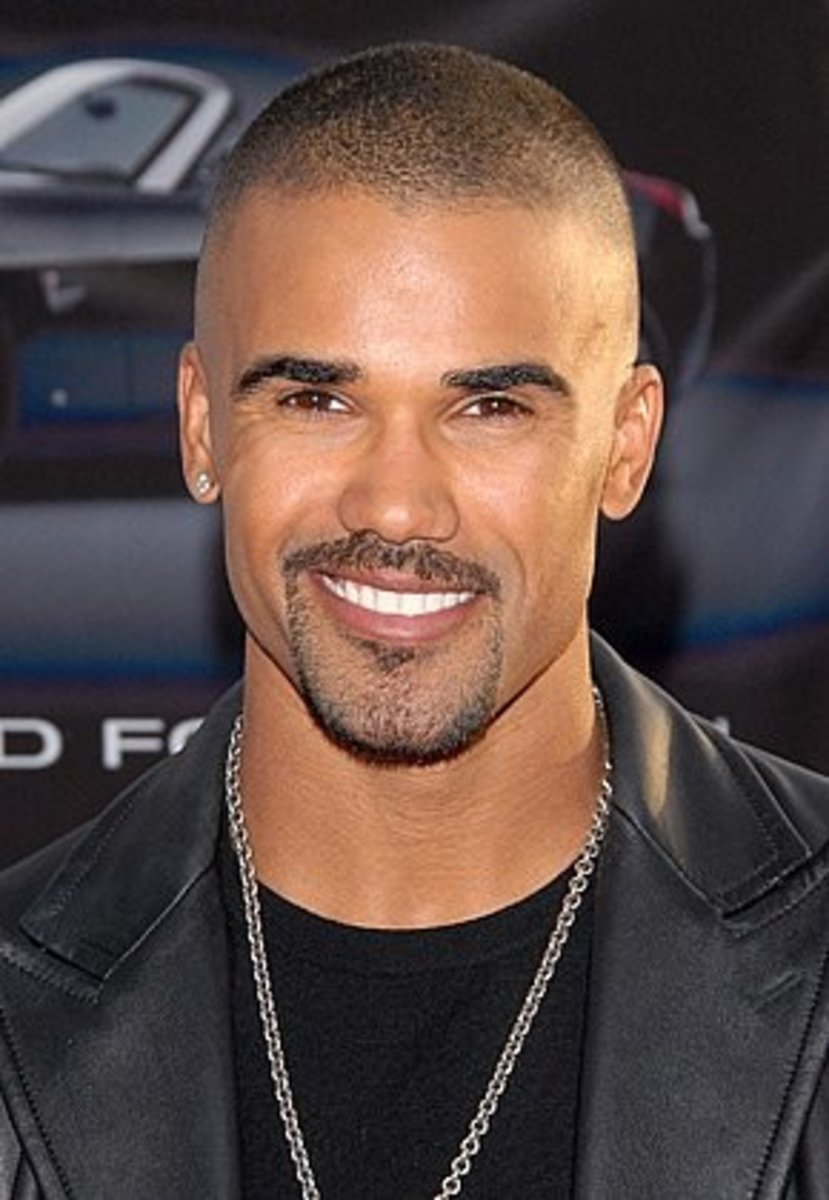What is Commercial Use? (Copyright Issues)
by Kathy Batesel

Guidelines about Commercial and Non-Commercial Uses
I'm not an attorney, but as a long-time writer who has recently shifted to online blogging to earn a few bucks a day, I've found the topic of intellectual property presents interesting challenges these days.
As a writer, I sometimes feel uncertain whether I can use someone else's material or not, even though I've taken university courses on legal issues surrounding published material! I imagine plenty of other creatives have similar questions when they're trying to spruce up their articles, add music to a site, or host a guest blog.
As a writer who earns income from my efforts, I want to respect others' rights the same way I hope people will respect mine. I want people to see and appreciate the things I've taken time to research, write, edit, and rewrite. I want to see the benefits of their appreciation - the accumulation of page views, revenue sharing, and their comments on my efforts. I would be angered if someone cut and pasted my work elsewhere and in the process, took readers away from my site and deprived me of those benefits.
Owners of other kinds of intellectual property feel the same way. Photographers, graphic designers, musicians, filmmakers, information technology folks - all of them create works that originated in their minds, and took the necessary steps to create something from their vision.
However, many of us need the help of others to produce our intellectual property, which is where the question about commercial and non-commercial use of copyrighted material comes into play. I decided to take a closer look at the issue as it applies to Internet publications.
Copyright Basics (and Why You Can't Copy that Report!)
Brief Info on Intellectual Property and Copyright Law
Anyone who has an original idea is on the road to creating intellectual property (IP). The moment they put their idea in a fixed form that can be communicated, it becomes intellectual property.
Some of them might say, "I just want the satisfaction of knowing I did it." They might not care how others use their material. Some might say, "I want people to know it was my work, but that's all I hope to get from it." They would be happy to provide permission for others to use their work, and might offer a Creative Commons license to make it easy for others to access it. And then there are the pros, who say, "If you want to use my work, please pay for it. This is an important source of income for me."
No matter how the IP creator feels, he or she is entitled to full ownership of the rights to say how and when their creation will be used. This means they also have the rights to anything that is later created from the work - derivatives or spin-offs. This is known as copyright. In the United States, usage of intellectual property is covered by federal copyright laws, and the laws are consistent among all fifty states. Other countries have their own copyright laws that may differ.
Because publication of intellectual property can cross international boundaries, the Berne Convention for the Protection of Artistic and Literary Works (commonly called the Berne Convention) was drafted in 1871. There have been some revisions along the way, most recently in 1979. Today, all but a handful of countries have agreed to abide by its terms.
Basic tenets of the Berne Convention that apply to creatives like us include:
- IP copyright protection is automatic. Creators of IP do not have to apply or register their works in order to retain full ownership rights.
- Countries will apply their own copyright laws to IP creators from other countries regardless of where the work was created. (If I write something here in the U.S., and it is used in a document in Mexico, Mexico's copyright laws will apply to the work, and I would be entitled to copyright protection if I filed suit in Mexico for a violation of how my work is being used.)
- That "fair use" is permitted.
The United Nations formally accepted the role of protecting international copyright issues by creating a standing committee known as the World Intellectual Property Organization (WIPO), based on an existing French agency that previously served a similar purpose. In 1996, WIPO drafted a treaty to address information technology copyright. The WIPO Copyright Treaty specifically associated itself with the Berne Convention - all countries that signed it also agreed to honor specific terms of the Berne Convention - and expanded upon the Berne Convention to include software and address global trading issues.
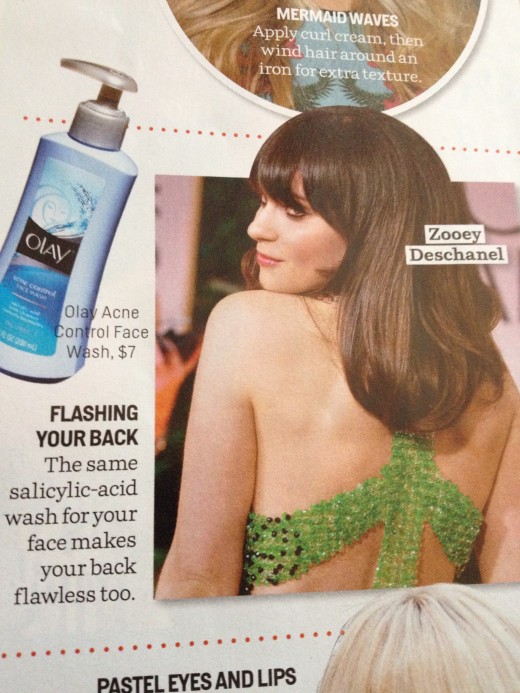
What is Fair Use?
Fair use refers to the reasonable use of another person's material for the purpose of explaining it, critiquing it, or using it for educational purposes. It is legal, for instance, for a teacher to show a video of "To Kill a Mockingbird" in an English or History class. It's also fair use for a student to cite portions of someone else's work to support their thesis statements in papers they turn in for a grade.
However, this area is where I had questions about copyright protection. After all, newspapers and magazines publish book reviews and movie reviews (with photos) under fair use guidelines, but they make profits by selling advertising. It's not unlike the way bloggers benefit from Google Adsense, Amazon, and Ebay sales on sites like HubPages.
When seeking photographs to illustrate an article, sites like Creative Commons allow contributors to identify if others may use their work, and under what conditions. Many contributors say "for non-commercial use only." Is blogging considered commercial use or fair use?
To find the answer, I had to dig a bit deeper.
No Simple Definitions of Commercial and Non-Commercial
The natural first step was to define exactly what was commercial, and what wasn't. Let's say you, my valued reader, are a talented photographer who has offered a photograph for "non-commercial use only." Which of these situations would you consider commercial and which would be non-commercial?
I use your photo on a website I own to illustrate a poem I've written. I solicit donations to keep the site going.
I use your photo for my poem on HubPages. Google ads are on the page, but I'm not part of the program to get paid. HubPages earns from it.
I use your photo of a clock in an article on time management. On the page, I advertise books on the same subject and receive a royalty if it sells.
I compile your photo with other photographers' pics to sell in a "BEST OF" photography book, making sure to tell readers how to find you.
I select three photos by you and discuss what makes them unique. I provide a link to your gallery so interested parties can buy from you.
Answers to Poll Questions
1. "I use your photo on a website I own to illustrate a poem I've written. I solicit donations to keep the site going." This would probably be a non-commercial use, but would still be a copyright violation if you haven't gotten permission. Can use photos with licenses that are for non-commercial use. This would not be considered fair use.
2. "I use your photo for my poem on HubPages. Google ads are on the page, but I'm not part of the program to get paid. HubPages earns from it." This is probably a non-commercial use, but would be a copyright violation. You probably could use photos that only allow non-commercial use, because HubPages would not be liable. This would not be considered fair use.
3. "I use your photo of a clock in an article on time management. On the page, I advertise books on the same subject and receive a royalty if it sells." Definitely a commercial use, and permission must be obtained. Any use of a non-commercial only license, or publication without an alternate form of permission, is a clear copyright violation. This would not be considered fair use.
4. "I compile your photo with other photographers' pics to sell in a "BEST OF" photography book, making sure to tell readers how to find you." This requires commercial licensing or direct permission. It would not be considered fair use.
5. "I select three photos by you and discuss what makes them unique. I provide a link to your gallery so interested parties can buy from you." This would be considered fair use, even if HubPages or you have related subject matter for sale elsewhere on the page. Critique is one of the valid reasons for "fair use."
Common sense tells me that the purpose of copyright protection is to make sure a creator has the opportunity to get maximum benefit from his or her efforts. If I do anything that makes it harder for the creator to sell his work, I'm violating the spirit of copyright laws. On the other hand, if I am talking about something that can be better illustrated by using someone's material, and I'm doing it in a way that doesn't hurt their ability to sell their works, I'm working within the spirit of free speech.
Watch this video to see how experts discuss why the issues aren't as thorny as some people believe it to be, and provide philosophies for using others' materials legally.
The nature of the Internet makes it possible for something to be misused, republished, and misrepresented. For instance, when I joined the HubPages apprenticeship program, a photo I'd used came from a page that identified it as being in the public domain. I knew public domain photos don't have copyright protection, and used the image. My program mentor called my attention to it and said I needed to prove that it was in the public domain. I discovered that the person who had posted it as being a public domain photo was wrong. Not only was it *not* a public domain photo, it was a primary source of income for the original source's family!
In order to use it responsibly, I would need to get permission from the copyright holder.
When contacting copyright holders to get permission for use, I've found that three things happen:
- I get an enthusiastic "yes" with a request to link back to their primary site.
- I get a "thank you, but I'd rather not have my photo used that way" response.
- I get no reply, which means "no."
Problems with IP and Copyright Laws
In the United States, the concept of what constitutes fair use has been left intentionally vague so that free speech won't be harmed. There are many instances where a copyright holder's claims and a user's claims are in conflict, resulting in expensive court cases that can drag on for years.
When judges are faced with such challenges, they must rely on previous case rulings to make a best guess at what is consistent with the law. Several factors influence their judgments:
_______________________________________________________________
- the purpose and character of the use, including whether such use is of a commercial nature or is for nonprofit educational purposes;
- the nature of the copyrighted work;
- the amount and substantiality of the portion used in relation to the copyrighted work as a whole; and
- the effect of the use upon the potential market for or value of the copyrighted work.
_____________________ Source: Ius Mentis: Law & Technology Explained ____
Other factors might also come into play. For instance, the copyright holder may have distributed the work freely to the public, which could dilute the work's commercial value in the first place. This often happens with music, photos, and poems or short stories that are released with the idea that it will earn recognition for the creator.
Because case law determines what the current laws "should" be, and because these other factors can cloud issues and make them difficult to discern, it's impossible to find a clear-cut, authoritative, and reliable description of what is permissible when it comes to using others' works for any use beyond educational purposes!
What is Public Domain?
Public domain refers to works that have been dedicated by their creator for free, ongoing use by the public. It also refers to works that have an expired copyright, meaning nobody owns rights to it any longer.
- Copyright, Intellectual Property, and Innovation
Copyright, Intellectual Property, and Innovation Most people are at least somewhat familiar with what a copyright is; they know it is for protecting someone’s creation, their intellectual property. A copyright protects works such as...
Conclusion about Using Copyrighted Materials
Many thousands of dollars, if not millions, have been spent to fight court battles about violations of copyrights, trademarks, and slogans. To minimize risk, consider adopting these practices:
- Seek permission of the copyright holder when it is not clearly stated under a work's terms of use.
- Use materials that specify that they may be reproduced for commercial purposes. These materials may be free to use, such as found through a CreativeCommons search, or can be licensed for limited use by paying a license fee, such as stock photos found at BigStockPhoto. (Be certain you're purchasing a royalty-free license if you don't want to keep paying for usage later on.)
- If a material is said to be in the public domain, avoid using it unless you can identify the author and verify that its copyright has expired or it was dedicated to the public domain by the creator.
- If you receive a notice from a copyright holder that you're using his or her material without permission, apologize and promptly remove it. You can always ask for permission, but by removing the material immediately, you'll demonstrate respect that may help you get the approval to use it.
- If you're a creative who publishes intellectual property, read the terms of use for sites where you post your work. By linking to Digg, for instance, you are dedicating your work to the public domain. The same may be true of linking to Pinterest.
- Creators should also monitor whether others are using their work improperly if they want to protect their rights to it. If you discover someone using your material without permission, you can ask them to remove it, file a DCMA complaint with Google to have the material removed, or file a lawsuit if it's causing you actual damages or losses of sales.


